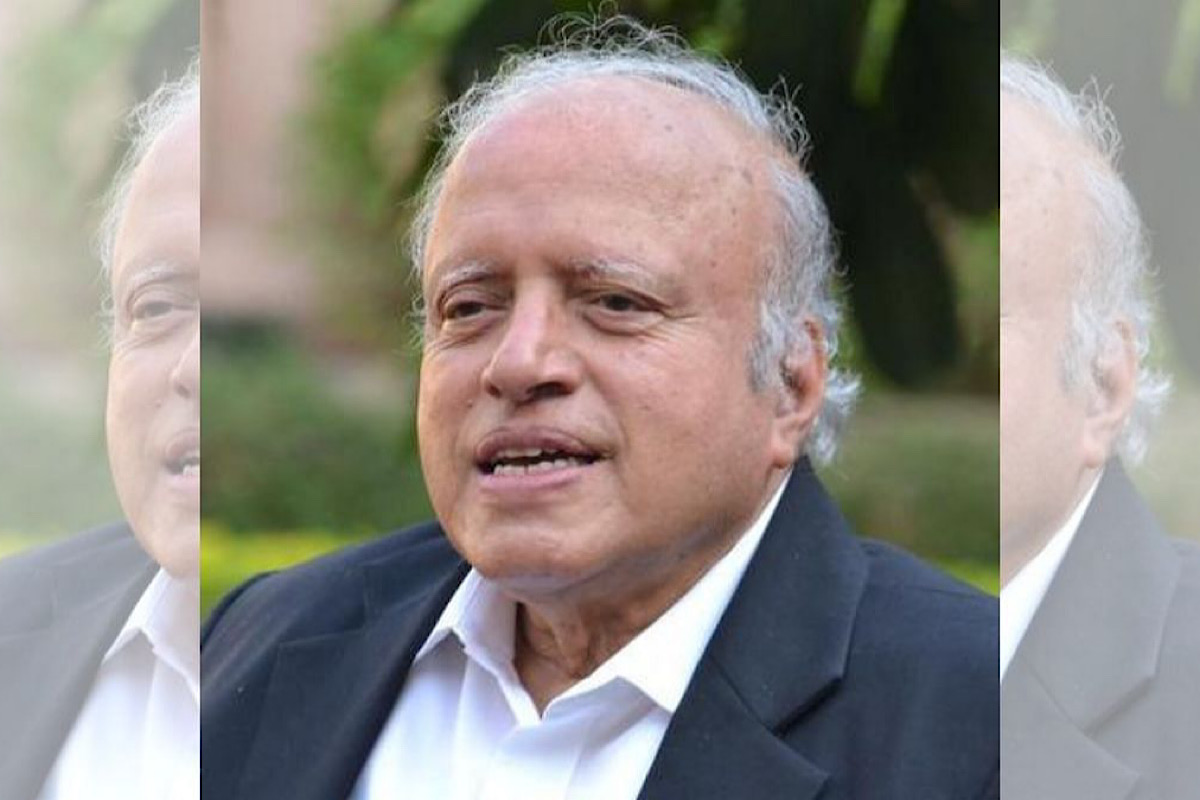Silver Dividend
India stands at a demographic crossroads. While much attention has been given to its youthful population, the country is also witnessing a significant rise in its elderly demographic.
Mankombu Sambasivan Swaminathan, fondly known as MS Swaminathan, who passed away in Chennai on Thursday, was the driving force behind India’s Green Revolution.

File photo of M.S. Swaminathan (Twitter/@msswaminathan)
Mankombu Sambasivan Swaminathan, fondly known as MS Swaminathan, who passed away in Chennai on Thursday, was the driving force behind India’s Green Revolution. It was Swaminathan’s pioneering efforts involving the development and introduction of high-yielding varieties of wheat and rice that had transformed India’s image in the 1960s as begging bowl to bread basket from 1970s onwards
His work has revolutionised Indian agriculture, helping the country to stave off widespread famine and achieve self-sufficiency in food production. The researches held at the Indian Agricultural Research Institute, New Delhi led by Swaminathan along with his team of students and co-workers, led to the development of new verities of wheat and rice
Advertisement
During the 1960s , when the country was on the brink of a mass famine and faced severe food shortages, Swaminathan collaborated with fellow scientist Norman Borlaug and others to develop high-yielding varieties of wheat and rice
Advertisement
His efforts helped India address its hunger crisis especially after the country witnessed the world’s worst recorded food crisis; the Bengal Famine in 1943.
“ The great Bengal famine of 1943 shaped my career. I was still a student at the University of Kerala when the acute rice shortage resulted in the death of 3 million Bengalis……and I decided I would use agricultural research in order to help poor farmers to produce more,” Swaminathan wrote in his auto biography
“Hunger is the worst form of poverty, so I am dedicating my life for making India and the world, sans poverty,” Swaminatha wrote
He said that green revolution had established the food security at the national level but not at the individual household levels of millions of resource-poor rural small and marginal farming, fishing and landless families. He realized as early as 1972 that system of agriculture in India should be designed to fight both the famines of food and rural livelihoods. In pursuit of it, Swaminathan further designed an evergreen revolution with systems providing concurrent attention to ecological foundations of agriculture and the livelihoods of the rural people
His efforts helped the country to double the total crop yield of wheat from 12 million tons to 23 million tons in four crop seasons and ended our dependence on grain imports
Swaminathan held important administrative positions in various agricultural research laboratories. He served as the Director General of the Indian Council of Agricultural research and later as the head of the International Rice Research Institute. In 1979, he took on the role of the Principal Secretary of the Ministry of Agriculture.
In 1988, Swaminathan was appointed as the President of the International Union for the Conservation of Nature and Natural Resources.
In recognition of his outstanding contributions to agriculture, Swaminathan received numerous prestigious awards. In 1987, he was honored with the first-ever World Food Prize for his role in introducing high-yielding wheat and rice varieties to India. He was the recipient of the Ramon Magsaysay Award in 1971 and the Albert Einstein World Science Award in 1986
His tireless commitment to addressing global agricultural and environmental challenges earned him a place among the “Time 20,” Time magazine’s list of the most influential Asians of the 20th century.He was also the recipient of Padma Shri, Padma Bhushan, and Padma Vibhushan, among many other accolades.
Advertisement